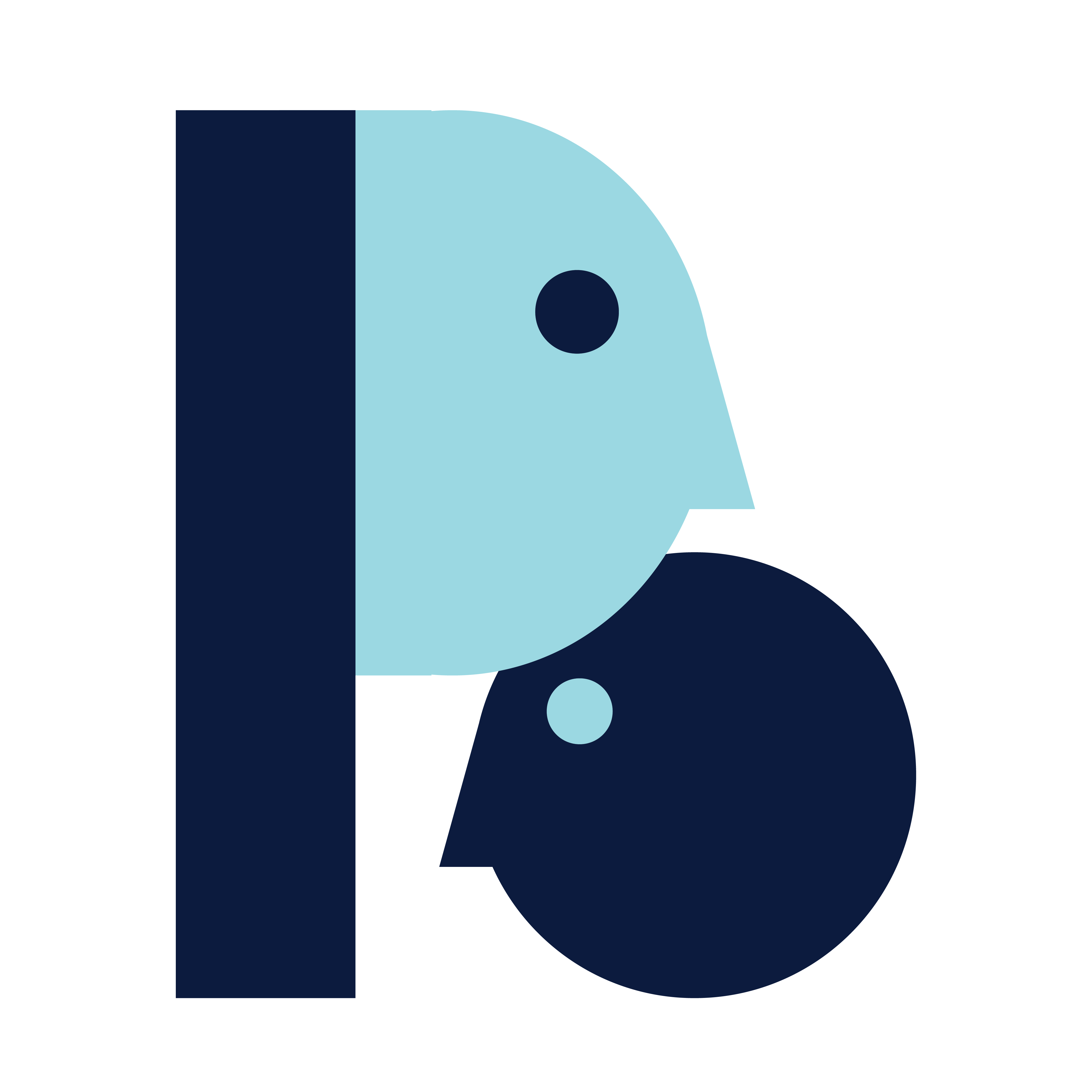Through the European competitive, innovative urban action program, Urban Innovative Actions (UIA), which aims to promote sustainable urban development, the Cultural H.ID.RA.N.T. project was selected and funded among 222 proposals from 23 different countries.
The coordinator of the project is the Municipality of Halandri, aiming to upgrade the urban public space. In collaboration with EYDAP, they will conduct a study for the rational management of the resource and the promotion of Hadrian’s Aqueduct as a whole. Collaborators in the project are the Commonspace Co-op, the architectural and urban planning company Thymio Papayannis and Associates Inc. (TPA), the Mediterranean Institute for Nature and Anthropos, the Institute of Regional Development of Panteion University, the AMKE “We Are Not Playing” / UrbanDig Project and the Ephorate of Antiquities of East Attica
Cultural H.ID.RA.N.T. is a project of local and supra-local significance, through which water becomes the means of cultural heritage, and cultural heritage leads to the re-utilization of water in the city.
The citizens and institutions of the city of Halandri will actively participate in the project through interactive workshops, participatory planning, and cultural activities.
Cultural H.ID.RA.N.T. uses the water route as part of the history of the Municipality of Halandri. The total renovations and interventions will cover a total area of about 15,000 sq.m. With the construction of a 5 km long irrigation network, water becomes the means of highlighting the cultural heritage and the cultural heritage leads to the re-utilization of water within the Municipality.
The project in numbers

The project in numbers
- 5 000 visitors on a week end basis
- 216 Food & Beverage new businesses the last 3 years
- 8 500 sq. m of public space regenerated
- 300% increase in use of quality green spaces
- 5 km of water irrigation system from the Hadrian Aqueduct
- 10 000 m3/yr of potable water
- 25 000 m3/yr of purposeless water abstraction savings
- € 3,133,296.00 Total ERDF budget granted
Expected results

The project’s main results refer to three main axes leading to one Major Result: the Improvement of Local Wellbeing.
- Cultural Heritage Awareness will enable people to feel more connected to their heritage and cultivate a sense of ownership and belonging and the city to develop a new heritage branding
- Natural Heritage and Sustainable Water Use Awareness will contribute to the reduction of potable water use for irrigation and purposeless abstraction by drilling, the enhancement of walkability and accessibility of quality green spaces
- Community Building will familiarize inhabitants with co-governance and decision-making processes, promote solidarity economy and boost endogenous growth in local economy.
Main objectives

The overarching objective of the Cultural H.ID.RA.N.T. project is to activate local Hidden Heritage Potential (tangible and intangible/ cultural and natural) in order to enhance Local Wellbeing.
To this end, the project’s Specific Objectives (SO) involve the following:
– Cultural: Re-introduction of cultural heritage asset beyond the usual “sightseeing” approach: Hadrian Aqueduct is a subterranean roman infrastructure monument. The goal is to reintroduce it to everyday life through its heritage values (ancient and contemporary) and its vital function as an unexploited water resource for irrigation purposes.
– Social: Revitalization of the community/ies through participatory processes: Hadrian Aqueduct can create communities round both heritage and water commons. At the same time, the revitalization of the communities will operate as an innovative way to re-introduce the Roman monument.
– Environmental: Promotion of green urban policies on sustainable water use and quality green public spaces: Nowadays, Hadrian Aqueduct has a negative environmental impact, since it remains unexploited and its water is being poured into the sea. Cultural H.ID.RA.N.T. aims to re-use this irrigation water while cutting off the use of potable water (expensive and energy consuming) for irrigation. Moreover, it will regenerate 8.500 sq.m. of quality green, public and heritage spaces.
– Economic: Empowering the local economy by strengthening endogenous and resilient development: The project aims to create a paradigm shift in the present perception of the periphery of Athens Metropolitan Area, which has very weak heritage branding compared to its core. The goal is to support the creative economy and local skills while developing new soft ones.
Network

Athens
Integration of migrants and refugees
Curing the Limbo – From apathy to active citizenship: Empowering refugees and migrants in limbo state to ignite housing affordability
Piraeus
Urban security
BeSecure-FeelSecure – Holistic Urban Security Governance Framework for Monitoring, Assessing and Forecasting the Efficiency, Sustainability and Resilience of Piraeus.
Heraklion
Circular economy
A2UFood – Avoidable and Unavoidable Food Wastes: A Holistic Managing Approach for Urban Environments

